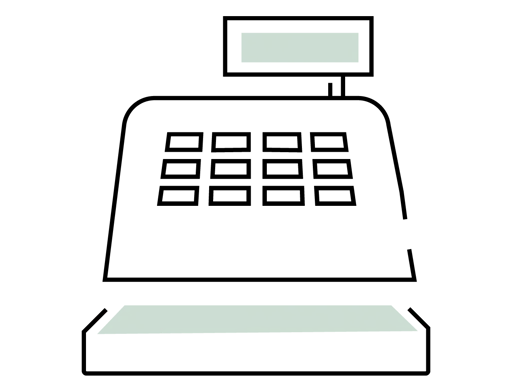There may be minor variations in Scotland and Northern Ireland.
Bankruptcy
Any individual who is able to give information about a bankrupt may be required to give evidence, for which no charge can be levied. The Court may also require such individuals to produce any documents in their possession or under their control relating to the bankrupt (S366, Insolvency Act, 1986).
Coroners' post-mortem
Although rarely used, the coroner has power under section 19 of the Coroners Act, 1988 to direct that a post-mortem shall be conducted by the deceased's general practitioner.
Council tax exemptions
To support a claim by or on behalf of a severely mentally impaired person for exemption from liability to pay the Council Tax or eligibility for a discount in respect of the amount of Council Tax payable.
Death certificates
Including death within 28 days of birth: the registered medical practitioner in attendance during the deceased's last illness must by law provide a certificate of cause of death (S22, Births and Deaths Registration Act, 1953).
Stillbirth certificates
At the request of the 'qualified informant', ie the next of kin, or the person eligible to report the stillbirth to the registrar, a registered medical practitioner present at the birth must give a certificate stating that the child was not born alive and giving, to the best of their knowledge and belief, the cause of death and estimated duration of pregnancy (S11, Births and Deaths Registration Act, 1953).
Notification of infectious diseases
There is no fee for issuing certificates about infectious diseases.
Paternity tests
Services which doctors are not obliged to provide, but when they do, the fee payable is governed by statute: for example, fees for taking samples of blood required in cases of disputed paternity under the Blood Tests (Evidence of Paternity) Regulations.
Professional evidence in court
Under the Supreme Court Act 1981, any registered medical practitioner may be directed to give professional evidence.
To establish unfitness for jury service
Juries Act 1974.

